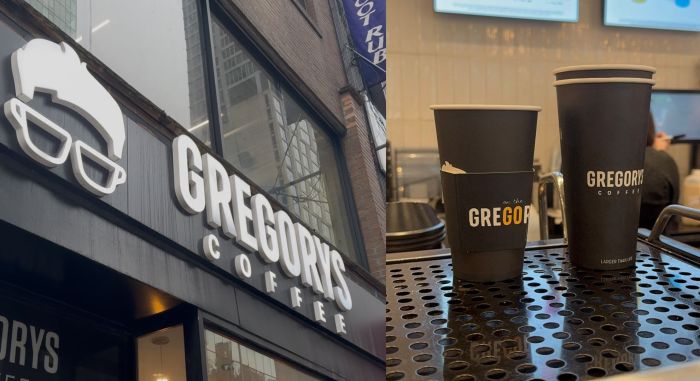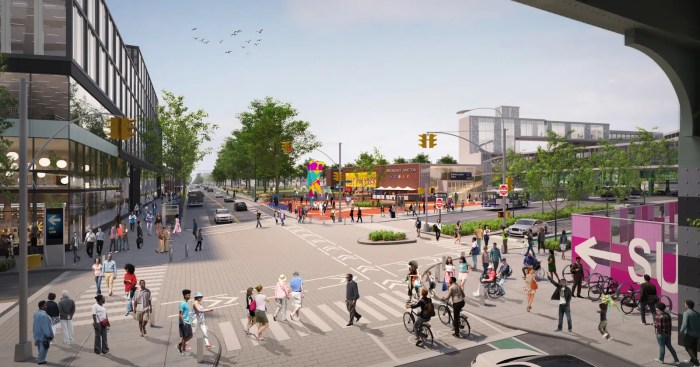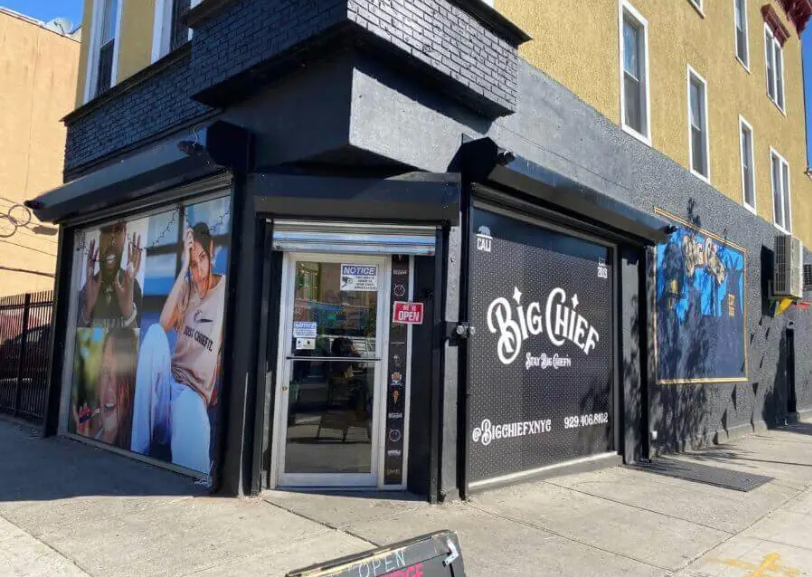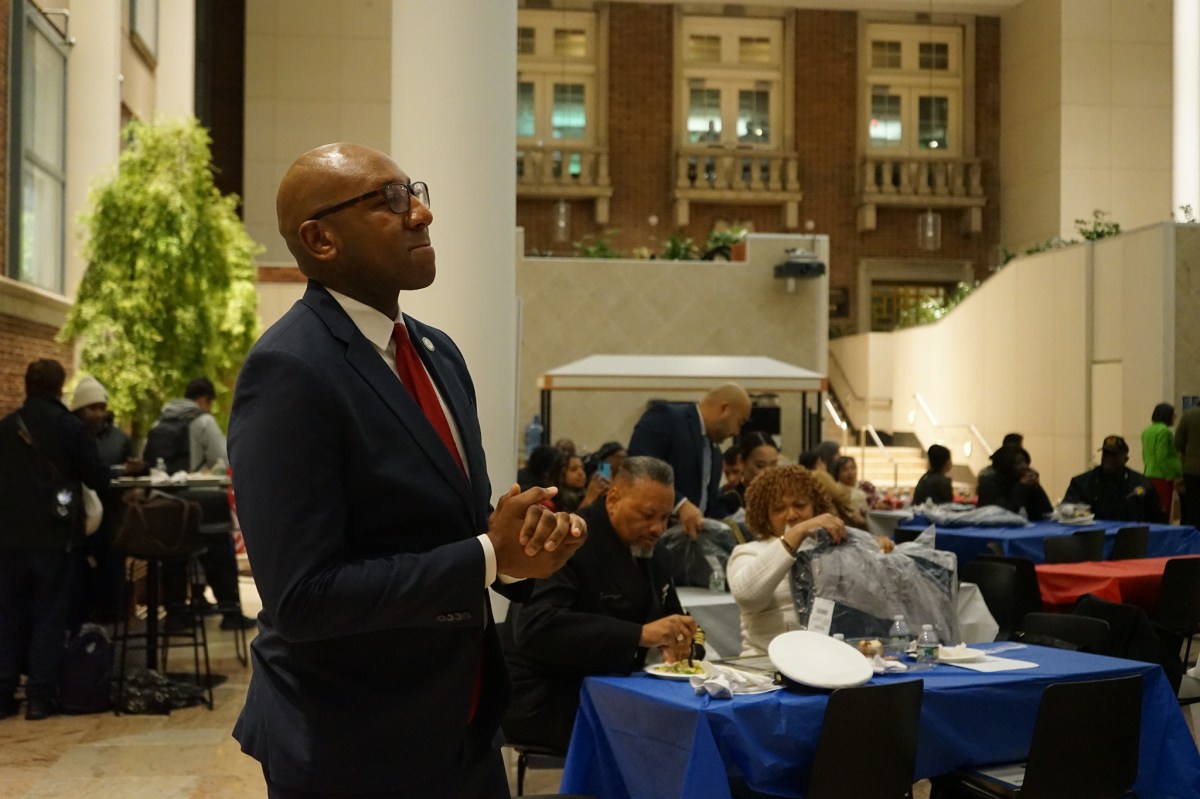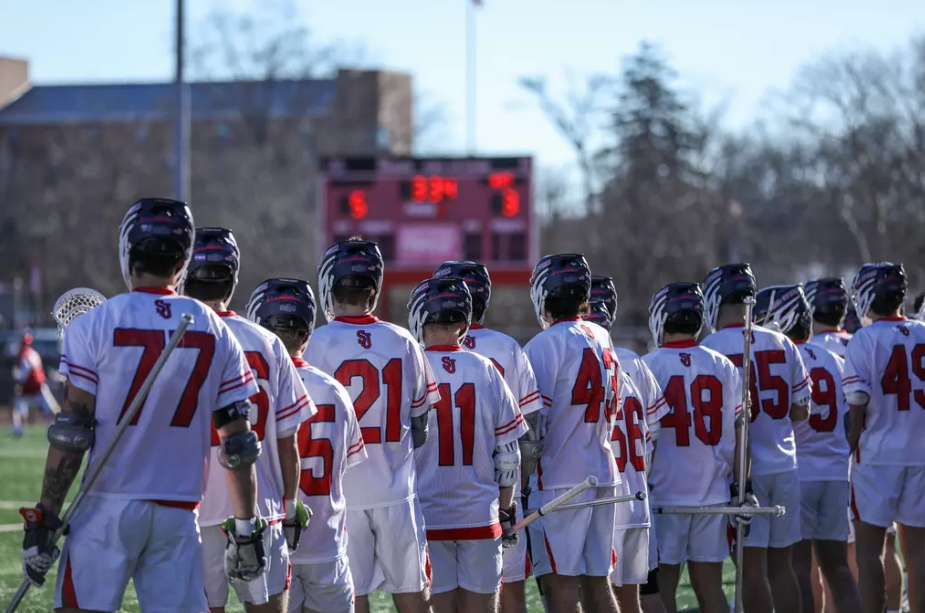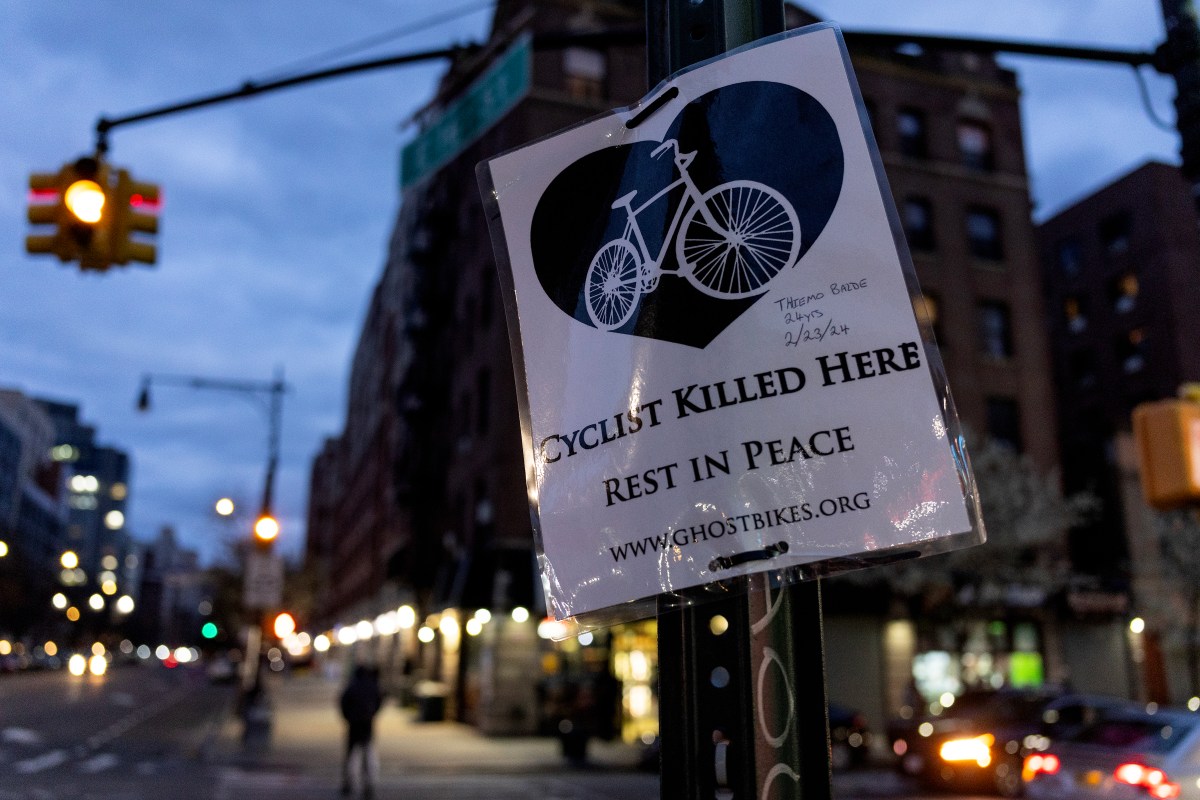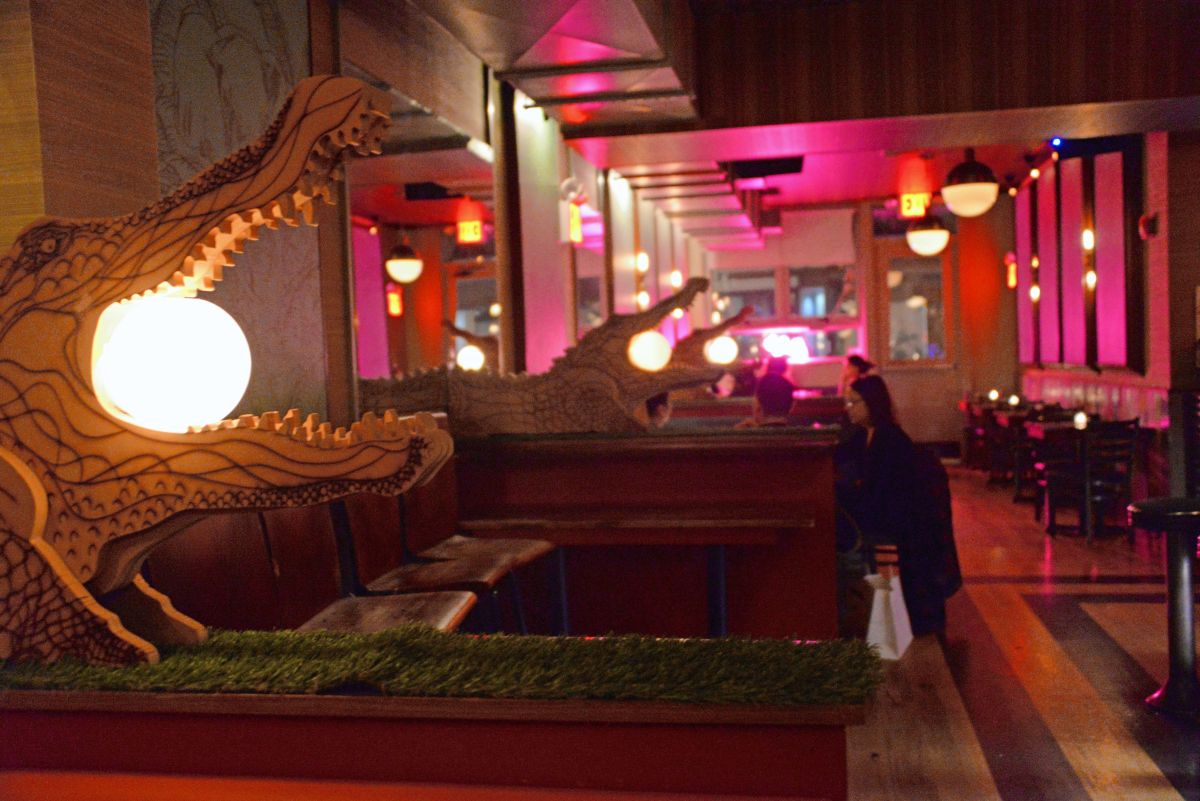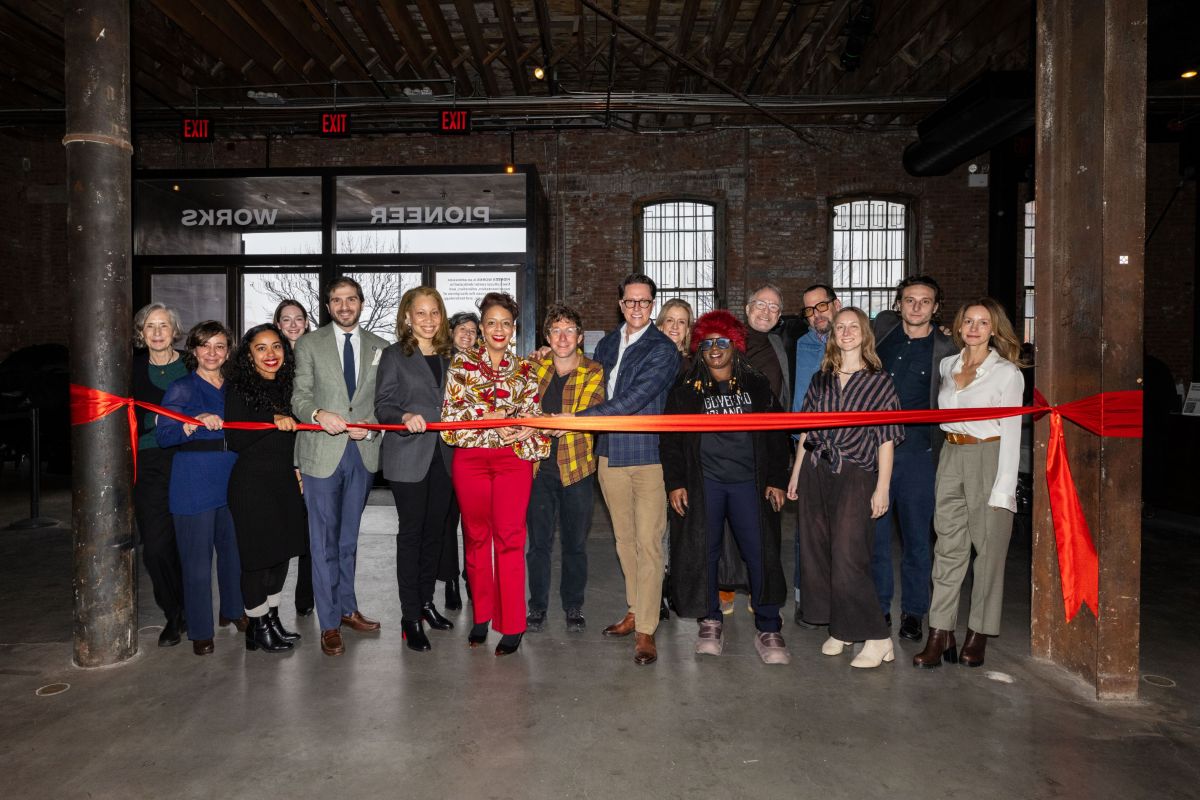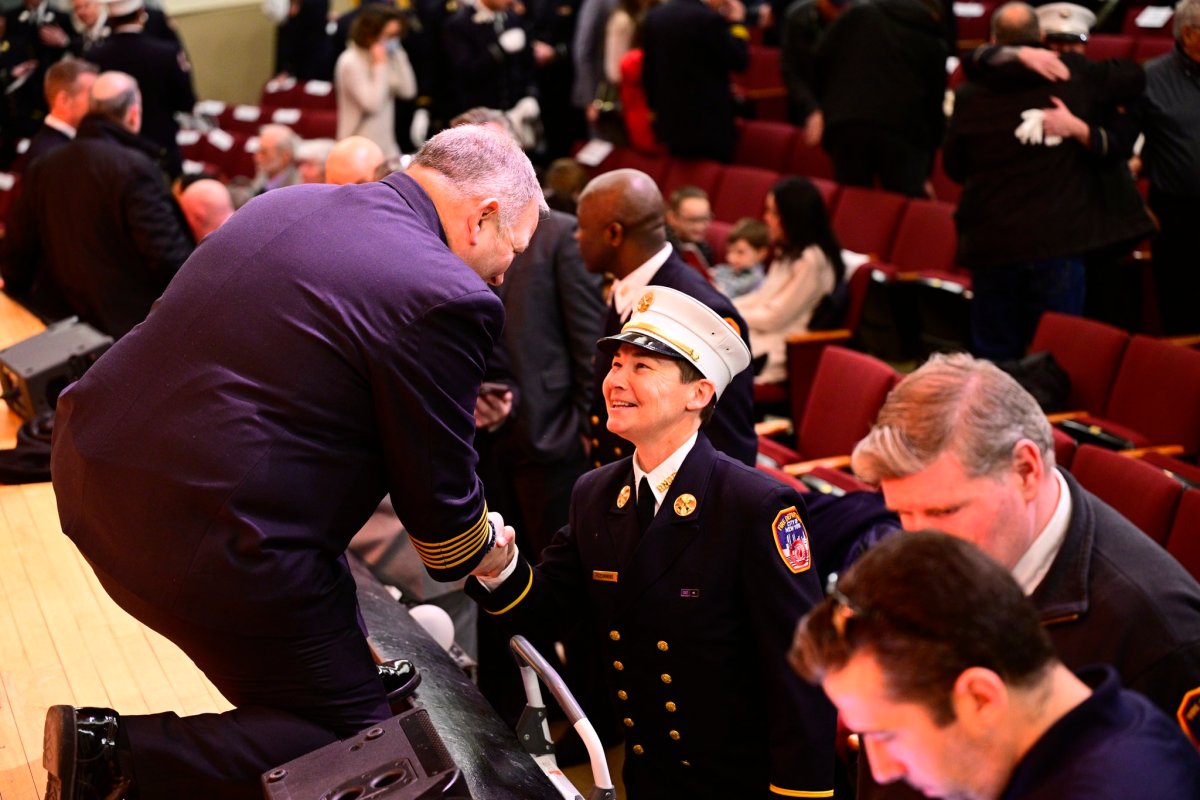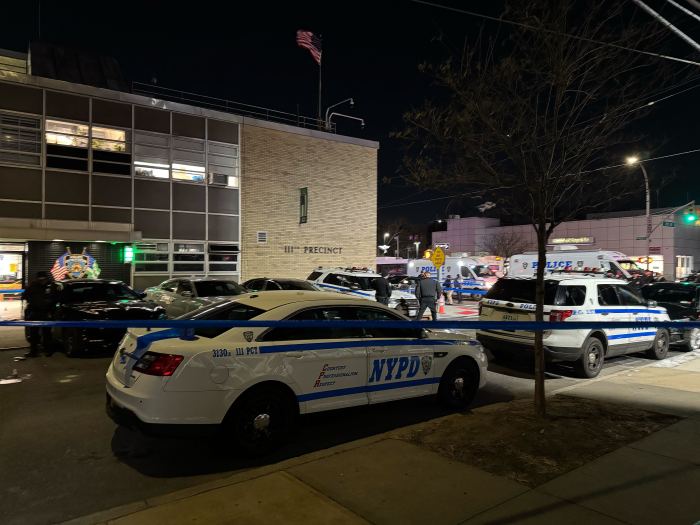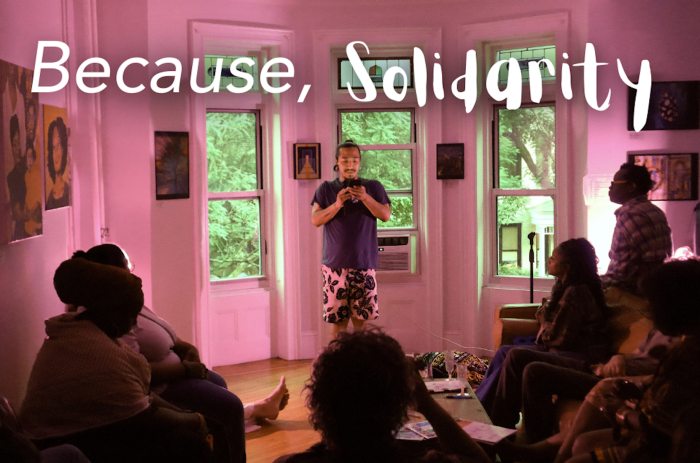

BY ELIZABETH BERGER DOWNTOWN ALLIANCE | A bouquet of flowers, a quick bite, a literary journal: These are the kinds of little things that make so much of a difference in today’s fast-paced world. Underground connections, soaring architecture, interactive signage and wayfinding: These are the hallmarks of a 21st century transportation network.
What do they have in common? Both are coming to Lower Manhattan in 2014 with the Metropolitan Transportation Authority’s long-awaited Fulton Center, which I believe will transform the transit passenger experience in Lower Manhattan.
Lower Manhattan’s past, present and future as an international capital of commerce depends on mass transit. This is as true today as it was a half century ago, when David Rockefeller founded the Downtown-Lower Manhattan Association to maintain Lower Manhattan as a thriving central business district.
More than 50 years later, Lower Manhattan is home to 312,000 employees, 8,540 firms (the most in a decade), 60,000 residents and 11.5 million visitors from across the globe. In fact, in just the last eight years, 391 companies have relocated here. Many Lower Manhattan businesses say that access to mass transit is the reason they started, stayed or relocated here, and for good reason: 90 percent of Lower Manhattan employees take public transportation to work. This should come as no surprise because, as the recent Downtown Alliance “Brain Gain” report revealed, the 30-county New York metro region has experienced a profound population shift in the past ten years, as high-value knowledge workers are opting out of a suburban lifestyle in favor of urban living and shorter commutes via subway, PATH, ferry, bike and foot, in communities that surround the Lower Manhattan business district.
It’s easy to see why. We have 12 subway lines, 30 bus routes, the PATH to New Jersey, six ferry landings and extensive bike paths in Lower Manhattan. That means more time at home, more time at work, and less time commuting.
What we don’t have is an architecturally significant, 21st century transit station which acknowledges that Lower Manhattan is at the center of a regional, multi-modal transportation network, our own “Grand Central.” Fulton Center will change that, with an iconic structure filled with retail above ground, and an underground connector linking Lower Manhattan east to west. Given what’s in store for shopping and dining at the South Street Seaport, the World Trade Center and Brookfield Place in Battery Park City, it will be an important and exciting new way to traverse Lower Manhattan’s walkable one-square mile.
With exterior construction almost complete, it’s hard to believe that the future of Fulton Center was once uncertain. But the Downtown Alliance joined forces with local elected officials, business leaders and community activists to get the project back on track. And here’s why: Fulton Center will be transformative for businesses, residents and visitors alike. It will be a gateway to the fourth largest central business district in the United States, a new place for shopping and dining and a meeting place for more than 300,000 transit riders a day.
Looking forward requires a glance back too. A decade ago, many said that Lower Manhattan would never recover from the attacks of September 11.They were wrong, big time. Thirty- billion dollars of public and private reinvestment has brought the newest, greenest, highest tech office space in the region; triple the number of hotels; more than double the residents and close to 400 new firms to Lower Manhattan. That’s progress!
New Yorkers love train stations. We mourn Penn Station, venerate Grand Central and now, let’s celebrate Fulton Center!
Elizabeth H. Berger is the President of the Downtown Alliance and the Downtown-Lower Manhattan Association.




